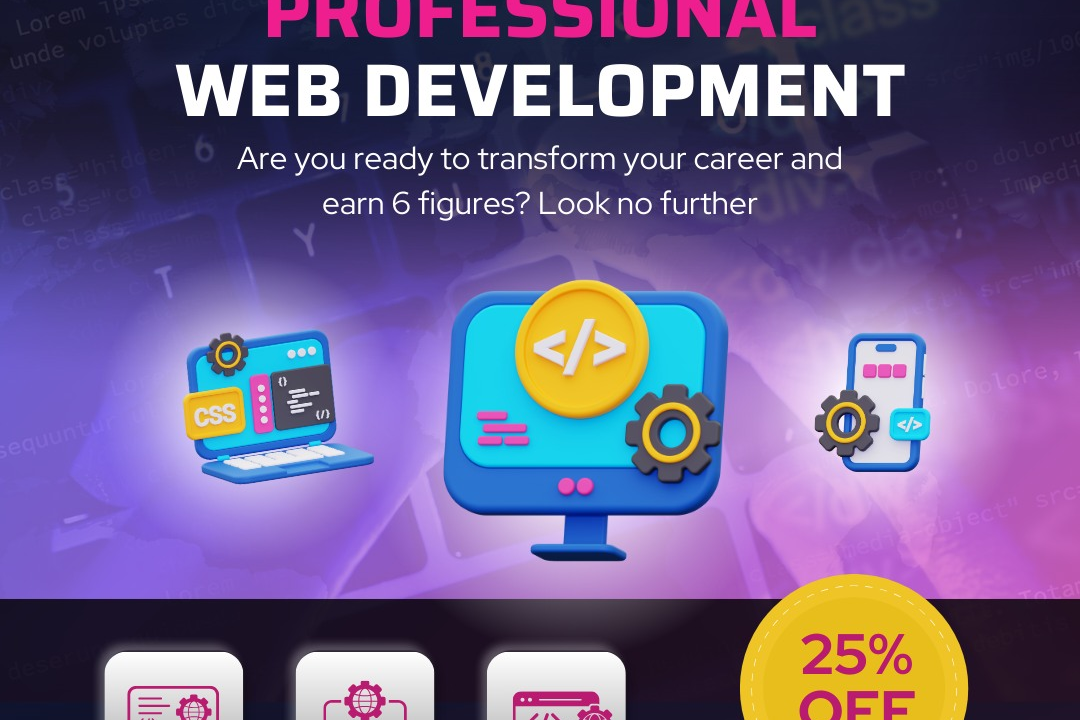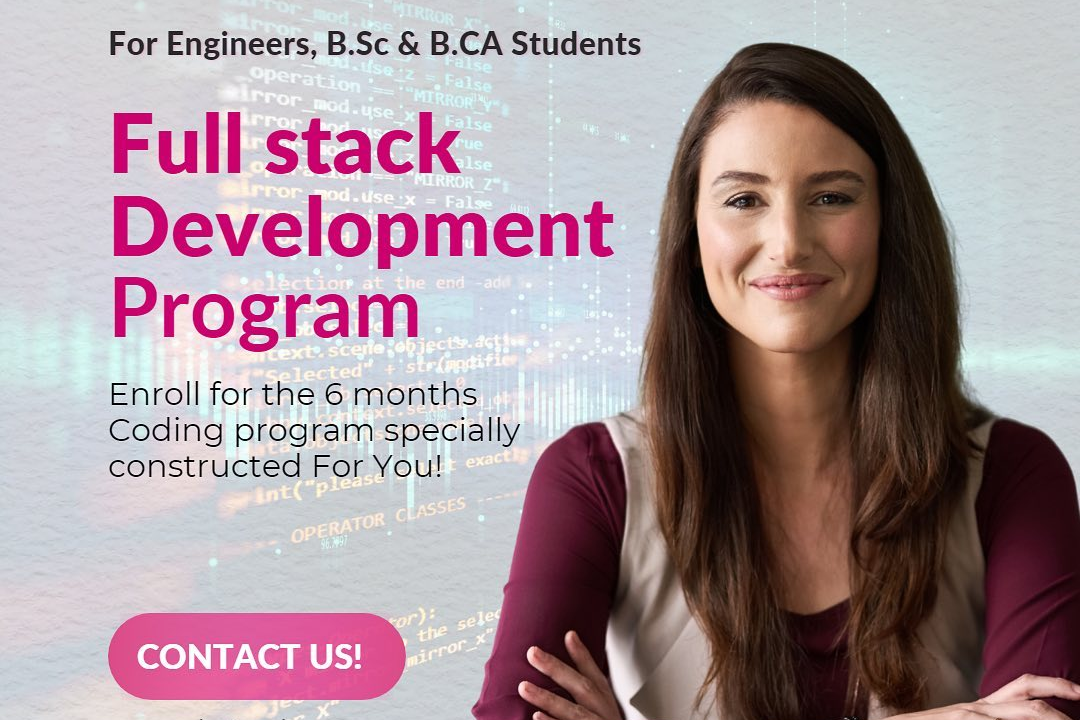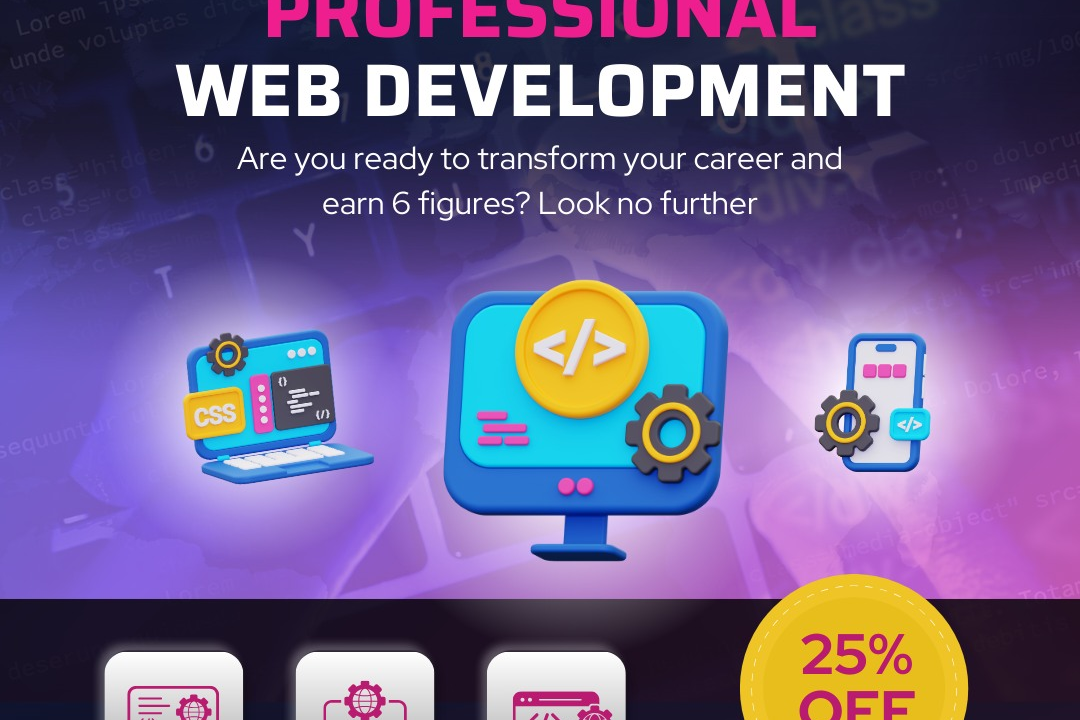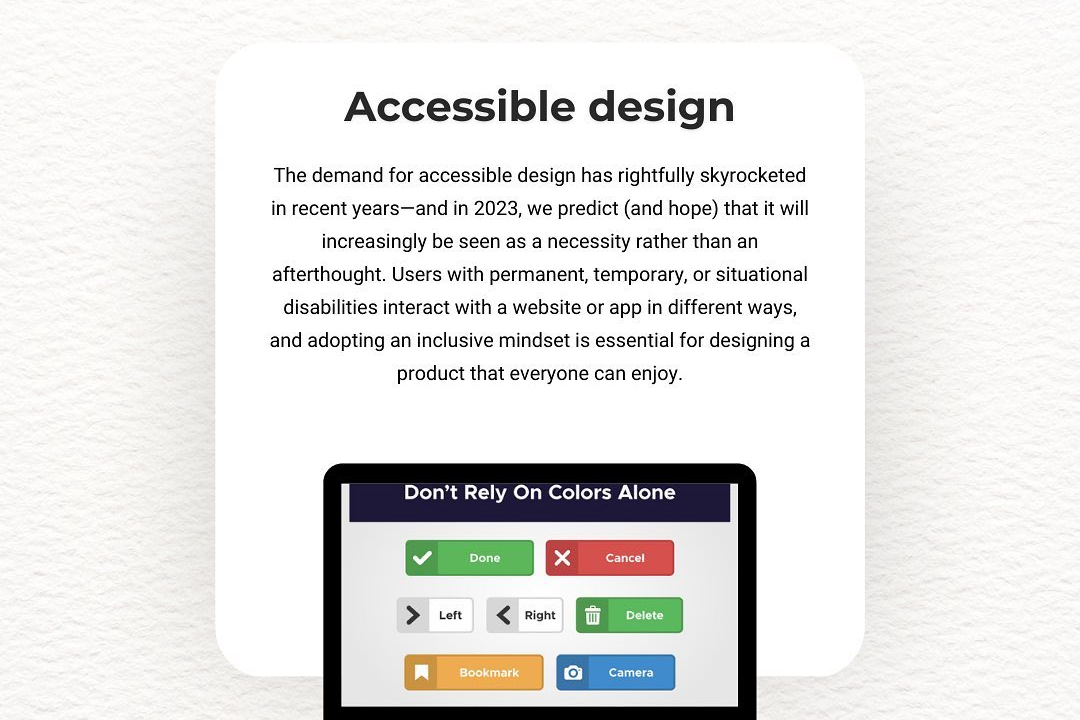Dynamic Programming in PHP
Dynamic programming in PHP is a computational approach used to solve complex problems by breaking th
Dynamic Programming in PHP
Dynamic programming in PHP is a powerful algorithmic technique that optimizes complex problems by breaking them down into simpler, overlapping subproblems. This approach is particularly useful for enhancing performance in scenarios that involve extensive calculations, such as in combinatorial optimization, sequence alignment, and resource allocation. By storing the results of subproblems (often in arrays or hash tables), dynamic programming eliminates the need for redundant computations, which significantly reduces time complexity. This makes it an essential tool for developers looking to build efficient algorithms in PHP, ultimately leading to improved application performance and user experience.
To Download Our Brochure: https://www.justacademy.co/download-brochure-for-free
Message us for more information: +91 9987184296
Dynamic programming in PHP is a powerful algorithmic technique that optimizes complex problems by breaking them down into simpler, overlapping subproblems. This approach is particularly useful for enhancing performance in scenarios that involve extensive calculations, such as in combinatorial optimization, sequence alignment, and resource allocation. By storing the results of subproblems (often in arrays or hash tables), dynamic programming eliminates the need for redundant computations, which significantly reduces time complexity. This makes it an essential tool for developers looking to build efficient algorithms in PHP, ultimately leading to improved application performance and user experience.
Course Overview
The “Dynamic Programming in PHP” course at JustAcademy is designed for developers seeking to master this efficient algorithmic technique. This course provides a comprehensive understanding of dynamic programming concepts and their practical applications in real-world scenarios using PHP. Participants will learn how to break down complex problems into manageable subproblems, optimize performance through memoization, and solve common algorithmic challenges. Through hands-on projects and real-time coding exercises, students will build a strong foundation in dynamic programming that enhances their problem-solving skills and elevates their PHP programming capabilities.
Course Description
The “Dynamic Programming in PHP” course at JustAcademy empowers developers with essential skills in solving complex computational problems efficiently using dynamic programming techniques. Through engaging lessons and practical projects, participants will explore key concepts such as recursion, memoization, and optimization strategies, enabling them to tackle challenges with confidence. By the end of the course, students will have a solid understanding of how to implement dynamic programming solutions in PHP, enhancing their coding proficiency and problem-solving capabilities in real-world applications.
Key Features
1 - Comprehensive Tool Coverage: Provides hands-on training with a range of industry-standard testing tools, including Selenium, JIRA, LoadRunner, and TestRail.
2) Practical Exercises: Features real-world exercises and case studies to apply tools in various testing scenarios.
3) Interactive Learning: Includes interactive sessions with industry experts for personalized feedback and guidance.
4) Detailed Tutorials: Offers extensive tutorials and documentation on tool functionalities and best practices.
5) Advanced Techniques: Covers both fundamental and advanced techniques for using testing tools effectively.
6) Data Visualization: Integrates tools for visualizing test metrics and results, enhancing data interpretation and decision-making.
7) Tool Integration: Teaches how to integrate testing tools into the software development lifecycle for streamlined workflows.
8) Project-Based Learning: Focuses on project-based learning to build practical skills and create a portfolio of completed tasks.
9) Career Support: Provides resources and support for applying learned skills to real-world job scenarios, including resume building and interview preparation.
10) Up-to-Date Content: Ensures that course materials reflect the latest industry standards and tool updates.
Benefits of taking our course
Functional Tools
1 - PHP Development Environment
Students will use a PHP development environment such as XAMPP or MAMP. These tools allow learners to set up a local server environment on their machines, enabling them to test and run their PHP scripts effortlessly. They provide essential components such as Apache, MySQL, and PHP, which are required to build and execute dynamic web applications. By using these environments, students can focus on developing their coding skills without the overhead of managing server configurations.
2) Integrated Development Environment (IDE)
An IDE like Visual Studio Code, PhpStorm, or Sublime Text will be introduced during the course. These IDEs provide powerful features such as syntax highlighting, code completion, and debugging tools, enhancing productivity for students as they write PHP code. Features like version control integration and customizable extensions also enable a smoother coding experience, making it easier for beginners to grasp complex concepts in dynamic programming.
3) Version Control Systems
Knowledge of version control systems such as Git is integral to the course. Students will learn how to manage and track changes to their code, allowing for easier collaboration on projects. Using platforms like GitHub or GitLab, learners can host their repositories, share their work, and contribute to open source projects. This understanding of version control promotes best practices in software development and ensures that students can effectively work in team oriented environments.
4) Debugging Tools
Debugging is a crucial skill in programming, and students will learn how to use debugging tools within their IDEs. Features such as breakpoints, watch expressions, and step through execution will help them identify and resolve issues in their code more effectively. Mastering debugging techniques will not only enhance their PHP skills but also deepen their understanding of dynamic programming principles by helping them analyze how their algorithms execute.
5) Database Management Systems
To handle data driven applications, the course will involve working with database management systems like MySQL or PostgreSQL. Students will learn how to integrate PHP with databases, performing operations such as data retrieval, insertion, updates, and deletions. Understanding how to interact with databases enhances their ability to design dynamic applications that utilize algorithms for optimal data management and manipulation.
6) Project Management Tools
Incorporating project management tools such as Trello or Asana will help students organize their assignments and collaborative projects. These tools facilitate task assignment, progress tracking, and deadline management, essential for maintaining productivity and meeting project milestones. By using project management techniques, students can simulate real world software development practices, preparing them for careers where teamwork and organization are critical for project success.
7) Web Hosting Services
Students will gain knowledge of web hosting services that allow them to deploy their PHP applications online. Understanding the differences between shared, VPS, and dedicated hosting will help them choose the right hosting solution for their projects. They will learn how to upload PHP files, configure server settings, and improve the performance and security of their applications when hosted on the internet.
8) Frameworks and Libraries
To streamline the development process, students will be introduced to popular PHP frameworks such as Laravel, Symfony, or CodeIgniter. These frameworks facilitate rapid application development through reusable components, built in functionalities, and a structured approach to coding. Exposure to frameworks not only accelerates their learning curve but also equips them with industry standard practices for efficient dynamic application development.
9) RESTful API Development
Knowledge of RESTful API design and development is essential in creating dynamic applications that interact with other services. Students will learn how to build and consume APIs in PHP, enabling them to exchange data between their applications and third party services. This knowledge enhances their understanding of client server architecture and prepares them for the increasingly interconnected nature of modern software applications.
10) Testing and Quality Assurance
The course will emphasize the importance of testing and quality assurance in software development. Students will explore various testing methodologies such as unit testing and integration testing, utilizing tools like PHPUnit. Learning these practices ensures they can deliver robust and reliable applications, significantly reducing bugs and improving overall code quality.
11 - Front end Integration
Understanding the interaction between PHP and front end technologies like HTML, CSS, and JavaScript will be a key focus. Students will learn to create dynamic interfaces that communicate with back end PHP scripts, enhancing user experience. This integration will allow them to grasp how the front end and back end work together to deliver fully functional web applications.
12) Deployment and Continuous Integration/Continuous Deployment (CI/CD)
Students will explore deployment strategies and learn about the CI/CD pipeline, which automates the process of integrating changes and deploying applications. Familiarity with tools like Jenkins or GitHub Actions will prepare them to implement automated testing and deployment workflows, ensuring consistent and efficient application updates in a production environment.
13) Performance Optimization Techniques
Performance is vital for dynamic applications. Students will learn techniques for optimizing PHP applications, including caching strategies, database query optimization, and code refactoring. Understanding these techniques will enable them to enhance application speed, scalability, and overall user satisfaction, making them valuable assets in any development team.
14) Security Best Practices
Security is paramount in web development. The course will cover essential security practices that mitigate risks such as SQL injection, cross site scripting (XSS), and cross site request forgery (CSRF). By learning these best practices, students will be equipped to develop secure PHP applications, safeguarding user data and building trust in their software solutions.
15) Soft Skills Development
In addition to technical skills, the course will focus on the development of essential soft skills such as communication, teamwork, and problem solving. These skills are crucial in collaborative environments where developers work together on dynamic projects. By engaging in group activities and real life simulations, students will enhance their ability to work effectively within teams and improve their overall employability in the software industry.
Browse our course links : https://www.justacademy.co/all-courses
To Join our FREE DEMO Session:
This information is sourced from JustAcademy
Contact Info:
Roshan Chaturvedi
Message us on Whatsapp: +91 9987184296
Email id: info@justacademy.co
React Native Course Online Free











